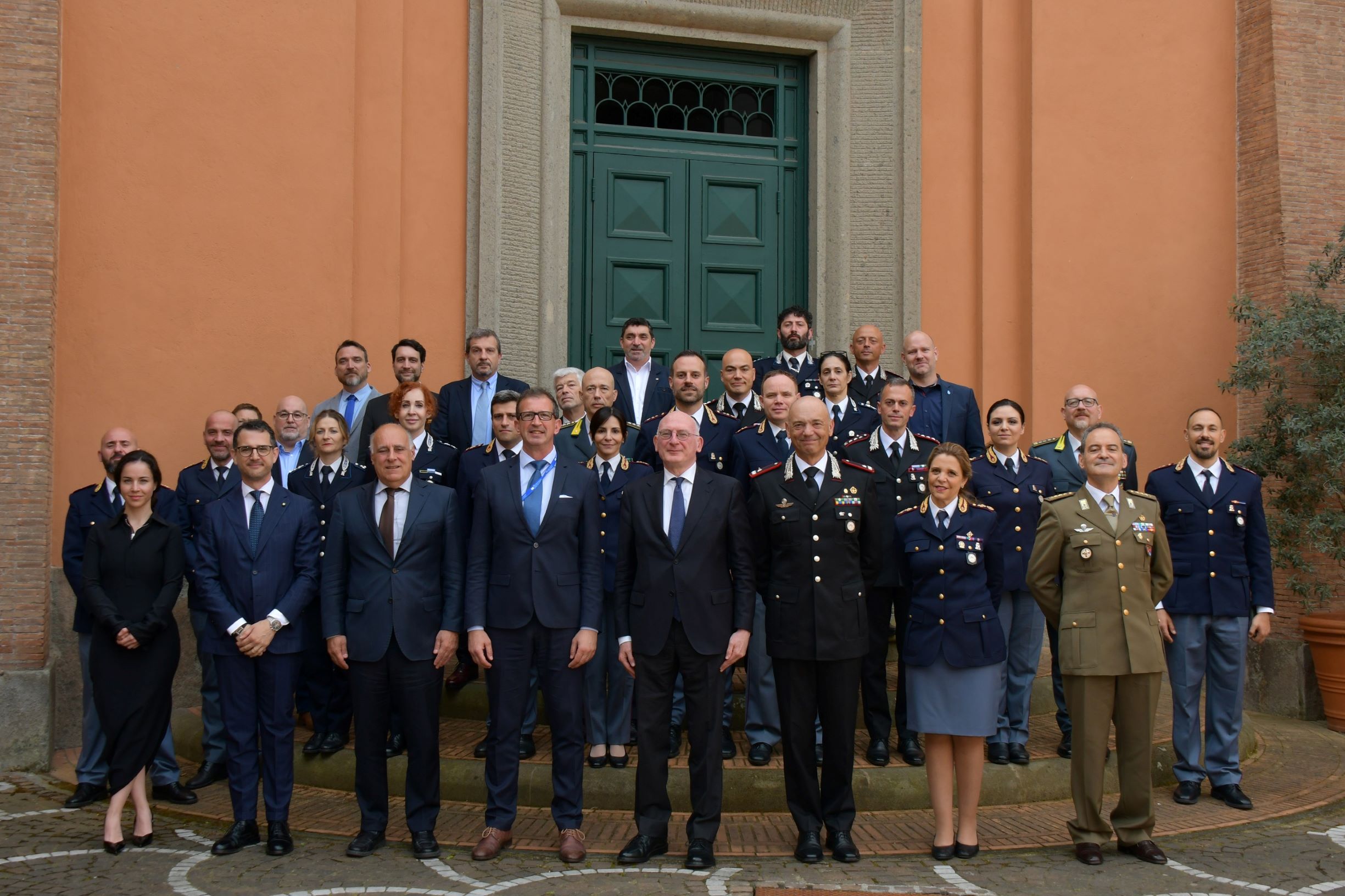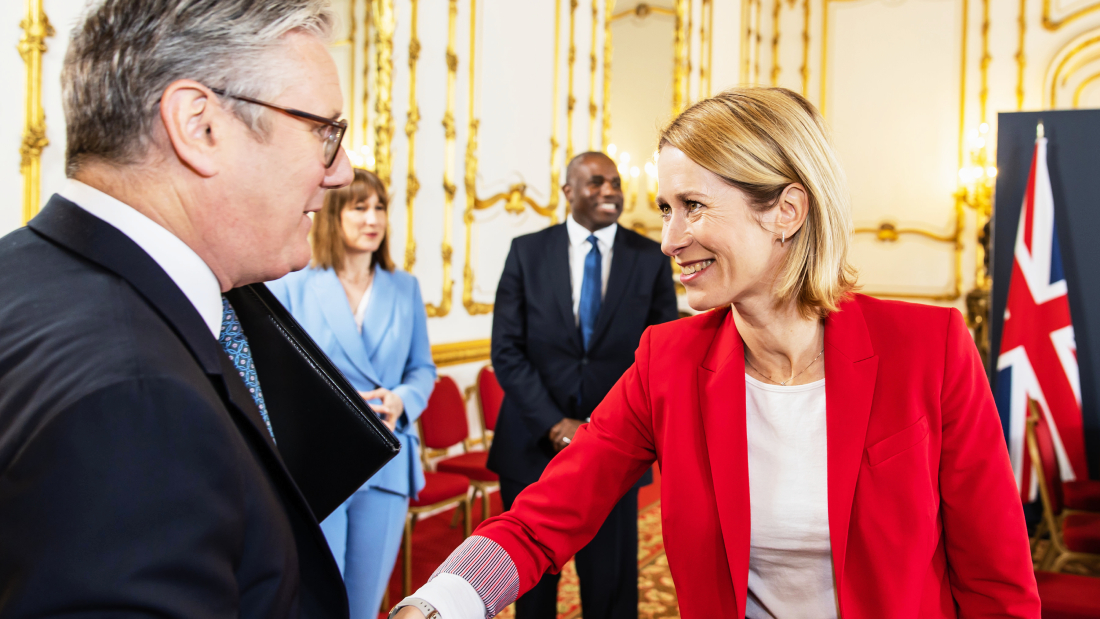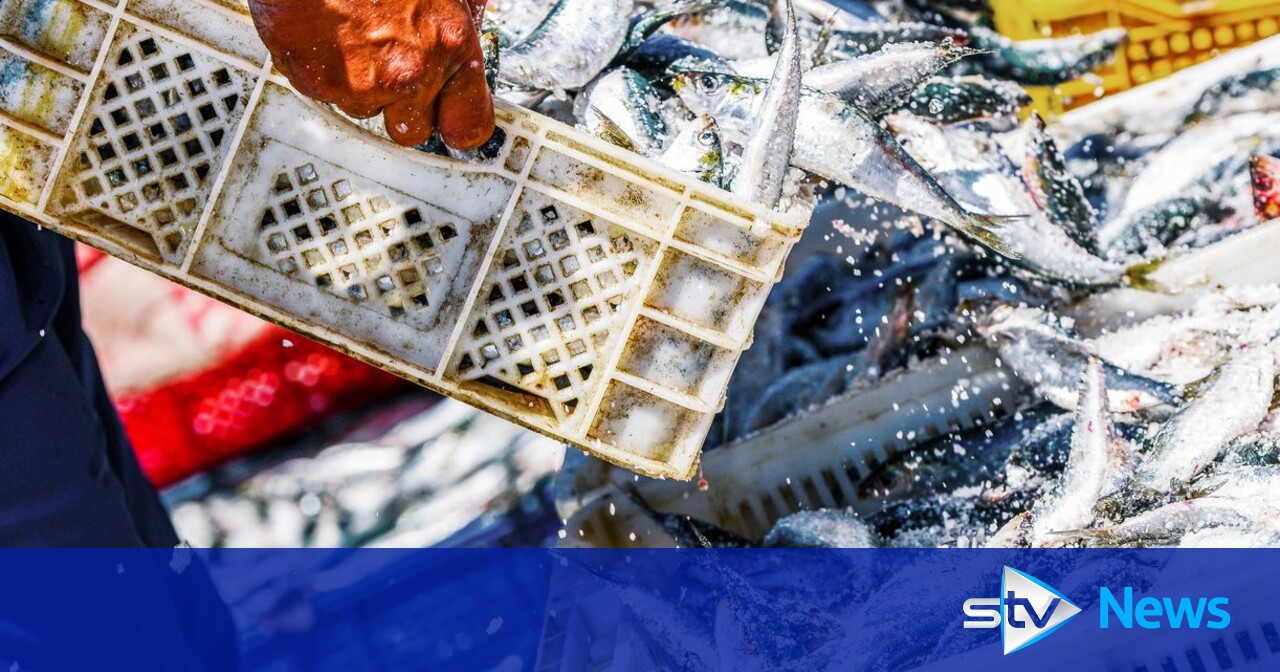What has Starmer agreed to in 'win-win' deal with EU? | ITV News
The UK and the EU unveiled a new deal on Monday, dubbed a post-Brexit "reset," that will cut red tape for travellers and businesses while boosting the UK economy by £9 billion by 2040.
After meeting with EU chiefs in London, the prime minister said he had secured a "win-win" deal on fishing, tourism, security and food and drinks exports.
However, critics say Starmer has betrayed Brexit after agreeing to an extension of fishing rights for European vessels for another 12 years and closer ties to EU rules.
So, what has been agreed?
The first big announcement to come out of talks with EU chiefs was an extension of fishing agreements with European vessels.
Trailed before the summit and announced before leaders met, the UK has agreed to 12 years of fishing access for EU boats in UK waters.
There will be no change to current access to fish for coastal communities and no reduction in the British quota or increase in the quota the EU is allowed to catch.
The deal means European vessels will enjoy the same post-Brexit access they have had until 2038.
A key part of the deal is aimed at reducing the red tape currently needed to import and export food and drink between the UK and the EU. Some routine checks on plant and animal products will be removed completely, and British burgers and sausages will once more be allowed into the EU.
The agreement requires British manufacturers to follow EU food safety standards.
The deal states that the same benefits would be extended to movements between Great Britain and Northern Ireland, through the “interplay” of the Windsor Framework and the new agreement.
No time limit has been set on this agreement, which, according to the government, will reduce the burden on businesses and reduce lorry queues at the border.
The prime minister said it would also reduce food prices in supermarkets.
A new deal on security and defence was also drawn up during Monday's summit, with the UK defence industry now being able to participate in EU plans for a £150billion defence fund.
The UK and EU have also agreed to enhance cooperation on maritime security and accident reports.
The agreement includes a commitment to regular talks on strategy, “peacebuilding”, crisis management, countering threats and maintaining the resilience of critical infrastructure.
The UK and the European Commission will also explore “possibilities for mutually beneficial enhanced co-operation” created by the SAFE instrument, which provides financial assistance to EU countries seeking to procure defence products.
British passport holders will be able to use e-gates at more European airports as part of a UK-EU deal, the government announced.
Since Brexit, British travellers arriving at EU airports have generally been forced to queue for manned desks to have their passports stamped, rather than use automated gates with facial recognition technology.
This has led to many passengers facing long queues, particularly during peak periods. The issue has been described as one of the most visible impacts of the UK’s withdrawal from the EU.
Pet passports will also make a return so that cats and dogs coming from the UK will no longer require animal health certificates for each trip they take.
The two sides also agreed to linking UK and EU emissions-trading schemes.
The UK scheme sets a cap on the total amount of greenhouse gas emissions allowed from the power sector, with companies being allowed allowances that they can trade with each other.
Under the new deal, UK businesses will avoid being hit by EU carbon tax, essentially amounting to an £800m tax write-off from the trade bloc.
Despite being one of the most controversial topics tipped to be spoken about by Starmer and EU chiefs, nothing has been agreed upon with regard to a youth mobility scheme.
Critics had claimed that any scheme would increase immigration.
Further talks have been agreed upon, with any scheme aimed at allowing people aged 18-30 easier movement between countries for a limited period.
A scheme would include visas for young people working, studying and travelling across the EU.
There is also a stated ambition for the UK to become part of the Erasmus programme, which supports young people in education, training and sports.
The UK and the EU have reaffirmed their commitment to develop stronger co-operation on the challenges posed by irregular migration, including action to tackle people smuggling.
There is a joint commitment to increase relevant information sharing and improve coordination.
There will also be joint work to develop “practical and innovative” approaches to reduce irregular migration, including sharing operational information on issues such as returns to third countries.
“Possible deterrence mechanisms” will also be explored, while established agencies will work together to prevent Channel crossings.
The UK and the EU have also agreed to boost co-operation on border security and tackle the challenges posed by irregular migration.
The deal includes boosting law enforcement and judicial co-operation in criminal matters.
Potential measures include increasing the sharing of data and information relating to terrorism and other serious crimes.











